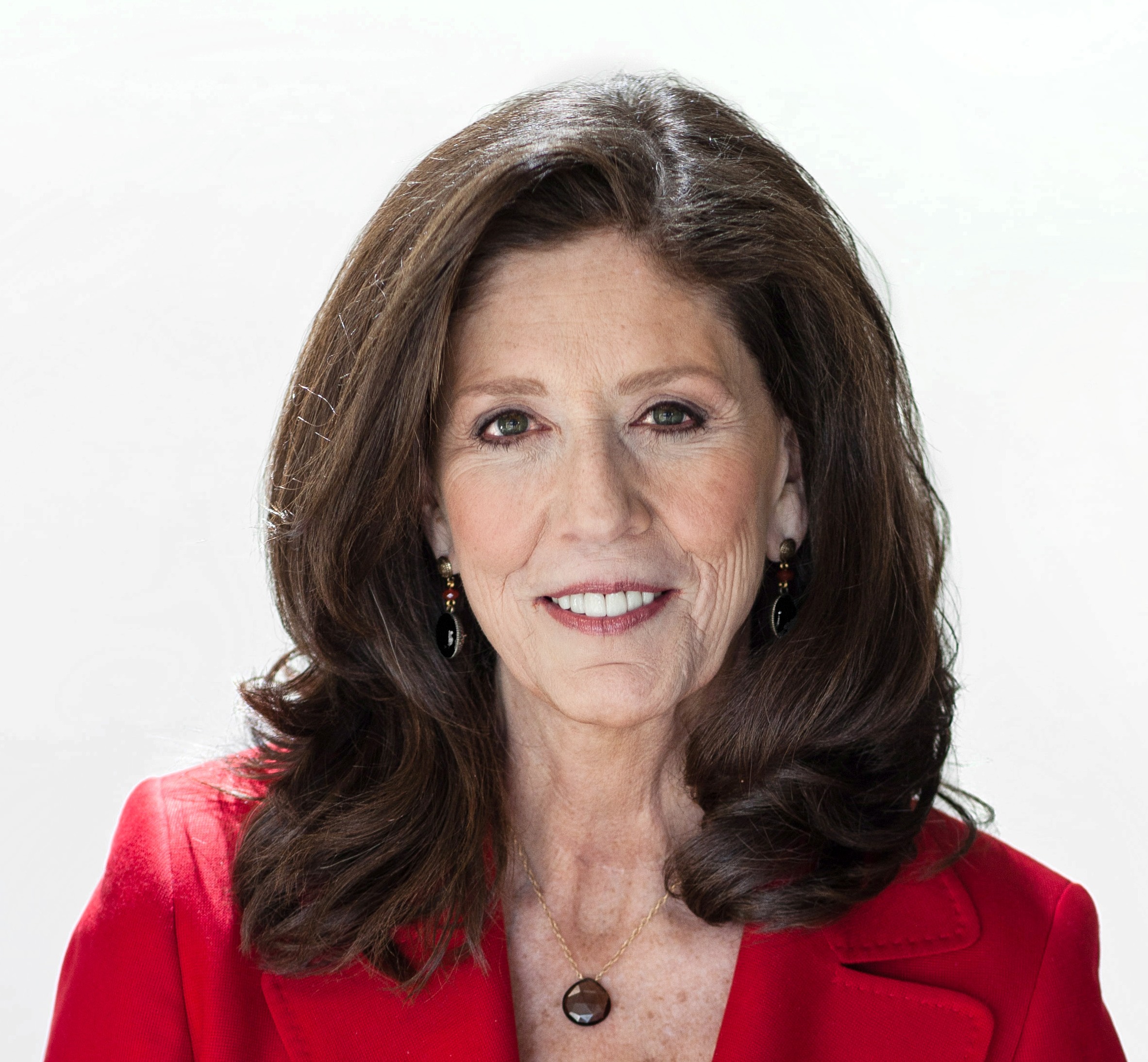
Episode 16: August 6, 2019
Debra Fine: Ways to Have Better Small Talk
Whether it’s a party, a networking event, or just entertaining friends and family, we all engage in small talk. Debra Fine, guru of all things small talk, tells us how to start conversations, ask better questions, and even how to exit a conversation with grace.
Listen Now!


Episode 16: August 6, 2019
Debra Fine: Ways to Have Better Small Talk
Whether it’s a party, a networking event, or just entertaining friends and family, we all engage in small talk. Debra Fine, guru of all things small talk, tells us how to start conversations, ask better questions, and even how to exit a conversation with grace.
Listen Now!
Episode Overview
This week our guest is Debra Fine, author, speaker, and guru of all things small talk. Debra began her career as a highly analytical engineer, an occupation that allowed her to maintain her natural shyness and avoid situations that required social interactions. But, seeing how others’ speaking abilities allowed them to flourish, Debra decided she was tired of being shy, and decided to research strategies for starting conversations, keeping them going, remembering names, practicing active listening, exiting with grace, and generally making a positive impression on whom she’s speaking to. All of her discoveries and strategies made their way into her book, The Fine Art of Small Talk, a handy tool for anyone from business executives, PTA parents, students facing post-college interviews, or singles trying to make love connections.
Tune in to learn how you can have what Debra calls better small talk, especially the moments that can get really awkward, like when you want to leave a conversation or change the subject gracefully. And, learn to recognize queues from other people when they’re trying to do the same thing. We also get into how to be a better networker, and do it in a way that’s actually enjoyable and doesn’t feel like work. For those that are around teenagers a lot, she has some awesome tips to ask better questions to get them talking to you. Above all else, Debra teaches us why we should take the risk of meeting new people.
What we cover:
- Ways to begin an actively engaged conversation right away.
- Gentle exit lines, graceful transitions, and queues that people use when it’s not the right time for a longer conversation.
- Why it’s worth the risk to meet new people, including a time when Debra was hesitant to talk to someone new at a singles event.
- How to be a better networker and actually enjoy it.
- What sparked Debra’s passion for small talk and how she became an expert in this field
- How to engage with teenagers.
- Better questions to ask, and questions to avoid entirely.
- How to approach social situations with confidence.
Whether it’s a party, a networking event, or just entertaining friends and family, we all engage in small talk. Here on Wellness 3.0 we talk a lot about how to connect with others on a deeper level, but it’s important to improve your ability to connect with others on a surface level, too. Debra shows us that having the confidence to strike up a conversation can open up unimagined opportunities.
Social Wellness Challenge
ASSUME THE RESPONSIBILITY
Come up with a strategy to supply social wellness where you need it in your life. Go to Zumba, take an Italian cooking class, talk to a stranger at a grocery store. whatever suits you. Put yourself in a social situation, or come with a strategy to find face to face interaction. Broaden your horizons by meeting new people or cultivate your current relationships. The only way to build relationships is through conversation and communication.
This Week’s Guest
Debra Fine
Debra Fine, the formerly shy, tongue-tied “enginerd” is an internationally recognized keynote speaker, corporate motivational speaker, trainer and best selling author.
Fine established her Denver based company The FINE Art of Small Talk to teach C-Level, managers, and stakeholders (along with the spouse who is dragged along to banquets and meetings), conversation skills for use at networking events, conventions, meetings, trade shows, as well as when interacting with clients, customers and patients.
Debra authored the best selling books The Fine Art of Small Talk How to Start a Conversation, Keep it Going, Build Rapport and Leave a Positive Impression (Hyperion) and the most recent in the Fine Art series: The Fine Art of Big Talk: How to Win Clients, Deliver Great Presentations, and Solve Conflicts at Work (Hyperion). She currently travels the country as a corporate motivational speaker.
Social wellness is something that people are struggling to find. Because of technology, whether that be social media or texting, face to face interaction does not occur as often. When it does occur – on a subway, at a ballgame, or waiting in line at the theater – people are on their devices instead of talking to each other. Social wellness does not come from being around a lot of people and feeling isolated at the same time.
Recent Episodes
Amy Baglan: That’s a Wrap! Wellness 3.0 Season 1
Fabriq co-founder Amy Baglan reflects on the most impactful conversations she’s had with our wonderful guests so far on Wellness 3.0.
Mark Shapiro: How to Use Technology & Social Media to Feel More Connected
While it may seem like an oxymoron, Mark Shapiro is on a mission to figure out how we can use technology and social media to feel more connected. The time has never been better for a major social innovation.
Tyler Norris: How to Build Healthy Communities & Grow Healthy People
It’s simple. Healthy people grow up in healthy places. Building strong, healthy communities for humans to flourish in is key to our mental, societal, social, and spiritual well-being.
Our Mission
Building Better Social Habits, Together
Fulfilling relationships are scientifically proven to keep you happy and healthy — boosting your immunity and longevity. When you prioritize the people that matter most, even when life gets full, you naturally show up better for them and yourself. We started Wellness 3.0 to bring awareness to this phenomenon and discover how we can improve social health and build better social habits, together.












